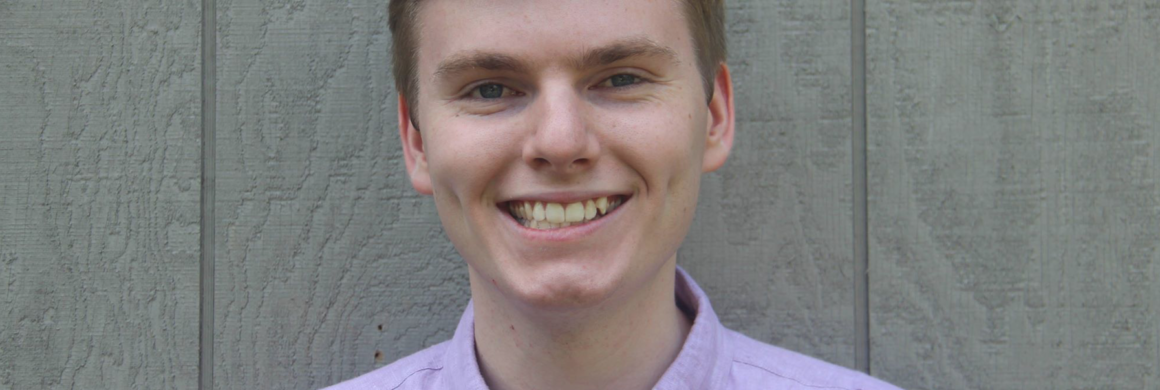Own Your Health: Advance Care Planning in a World of Growing Consumer Empowerment
We as American consumers have more power and choices than ever before. For many people, the days of relying on the options at a single store or a catalog are gone. I for one enjoy the thrill of the hunt for the best deal on an item. Recently I was in the market to buy a new slow cooker and relied on my usual strategy of researching products and finding the best deal after reviewing offers from newspaper advertisements and websites of several home goods stores and Amazon in hopes of finding the exact product that I wanted at the best price. After 20 minutes of searching, I found a great deal on my 7-in-1 slow cooker that promises to save me time and energy while stewing chicken or steaming broccoli. It even has a yogurt maker function, but I may leave that for the professionals, unless something happens to the skilled folks over at the Yoplait factory.
While not everyone goes to the length I do when buying appliances, research has shown that Americans are increasingly utilizing choice and thought in many areas of their lives. Included in this change is a focus on one of the most important areas in our lives: our health. In the past, people relied almost exclusively on their health care provider or, to a lesser extent, their friends or family for health information. But the internet is changing the way people relate to health. A 2013 study from the Pew Research Center found that 72% of Americans who use the internet had searched for health information in the last year. As expected, young people ages 18-29 were the most likely to report having done so (79%), but 71% of adults 50-64 who use the internet did too. Even among 65+ people, 59% of adult internet users reported searching for health information online in the last year.
Pew’s data makes clear that Americans are clearly trying to gain a better understanding of their health and treatment. The two top categories of health-related searches were “Specific disease or medical problems” or “Certain medical treatment or procedures.” People want to know what issues they may be addressing and what can be done. While other studies have found that many searches result in either inaccurate or unhelpful information (WebMD still does not equal a real MD!), the searches’ existence indicates a rising tide of potential for helping Americans to have greater engagement with their health. These changes provide many opportunities for tapping into the new ways people understand their relationship to their health decisions throughout their lives. Gone are the days of physician’s having a monopoly on healthcare decisions. As recently as 2001, the American Medical Association’s annual new year resolutions for patients included the suggestion that patients acknowledge that “Only your physician has the necessary experience and expertise to diagnose and treat medical conditions. Trust your doctor, not a chat room.” Yet today many medical groups are increasingly recognizing the benefits of engaged patients that are interested in learning more about their health and treatment. Patients today often want to do more research and feel like they have a say in their healthcare. They want to be empowered to own their health. Owning your health is about more than doing a quick Google search on a procedure or managing and condition. It gets to a deeper desire people hold to have a voice in their care—to be active rather than passive healthcare participants.
We in the Palliative Care and Hospice community can improve our work by being sensitive to the growing desire for people to “own their own health.” Advance Care Planning, in particular, stands out as one of the most natural ways for individuals to take action along these lines. The desire for greater end-of-life care planning engagement clearly exists. A 2014 survey by the California Health Care Foundation found the 82% of respondents thought it was important to write down their end-of-life care wishes, but only 23% had done so. While several significant obstacles remain for completing an advance directive, including the difficulty of end-of-life care planning conversations and the need for a notary to complete forms in the Carolinas, there are many ways we can help more people act on their desire for planning.
Understanding shifting patient desires can help transform the way people talk about such decisions. When individuals take time to reflect on their wishes, discuss them with their family and physician, and formalize them in an advance directive or related document, they are able to take ownership of their care. They remove stress from their families and ensure their voice or the voice of trusted loved one remains prominent in their care decisions. Advance Care Planning boils down to allowing people to keep their values and beliefs central to their care no matter the situation. People have long found security when they take the time to discuss and plan the future of their financial possessions. We increasingly have chances to ensure people can do the same for their most valuable possession: their health.
For the full Pew Report visit: Pew Report. For the California Health Care Report visit: California Health Care Report.
Brian Wood is the Research and Community Outreach Coordinator for Mind My Health, a Duke Endowment-funded project of The Carolinas Center that is creating an online platform for storing and accessing advance care planning documents. A recent graduate of Davidson College, he has volunteered with Hospice organizations since 2016 and gained an appreciation for the importance of advance care planning during childhood visits to see his mother’s parishioners in Hospice care.

